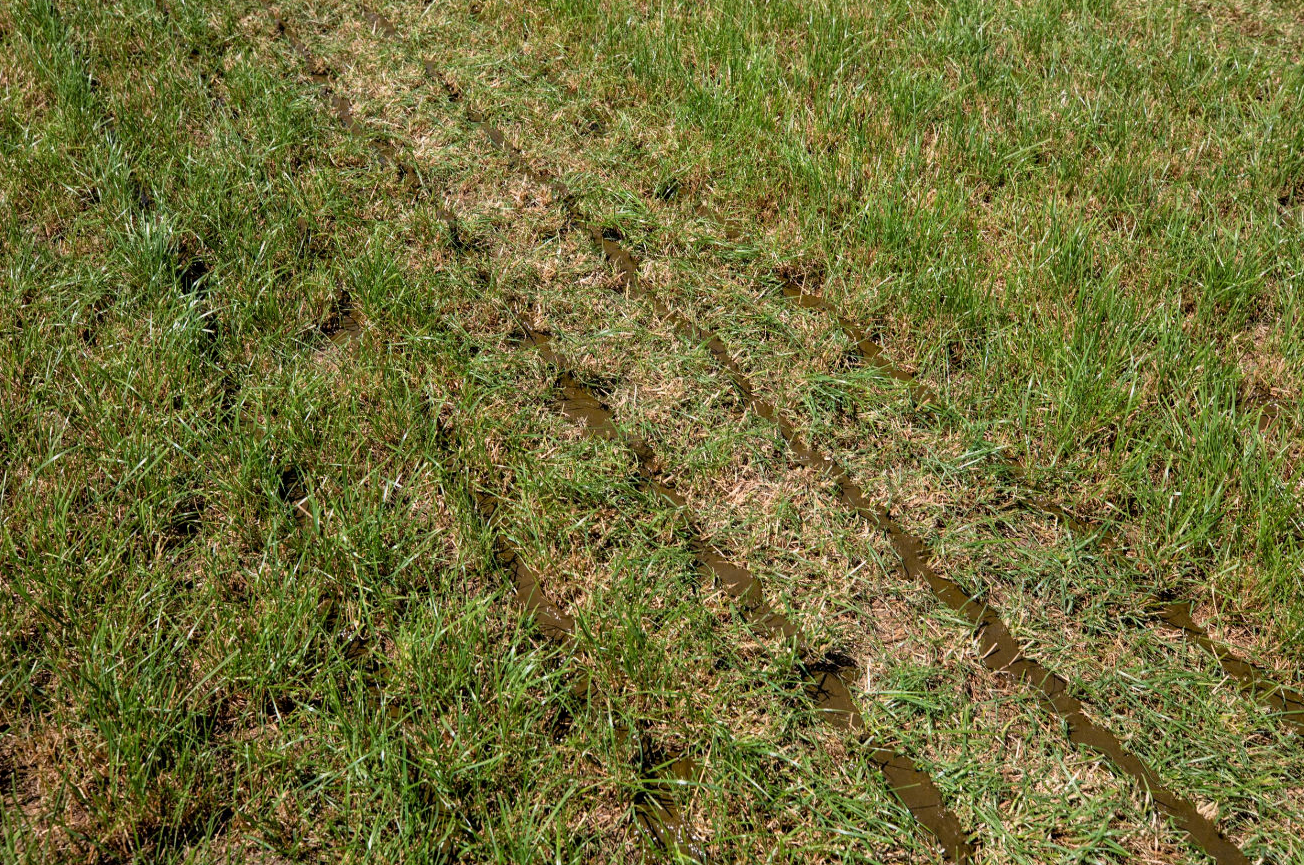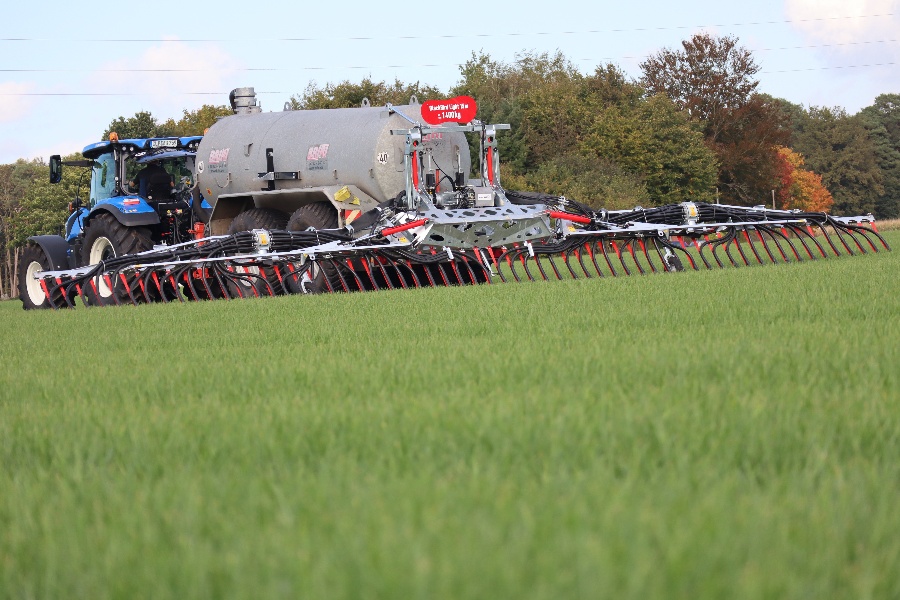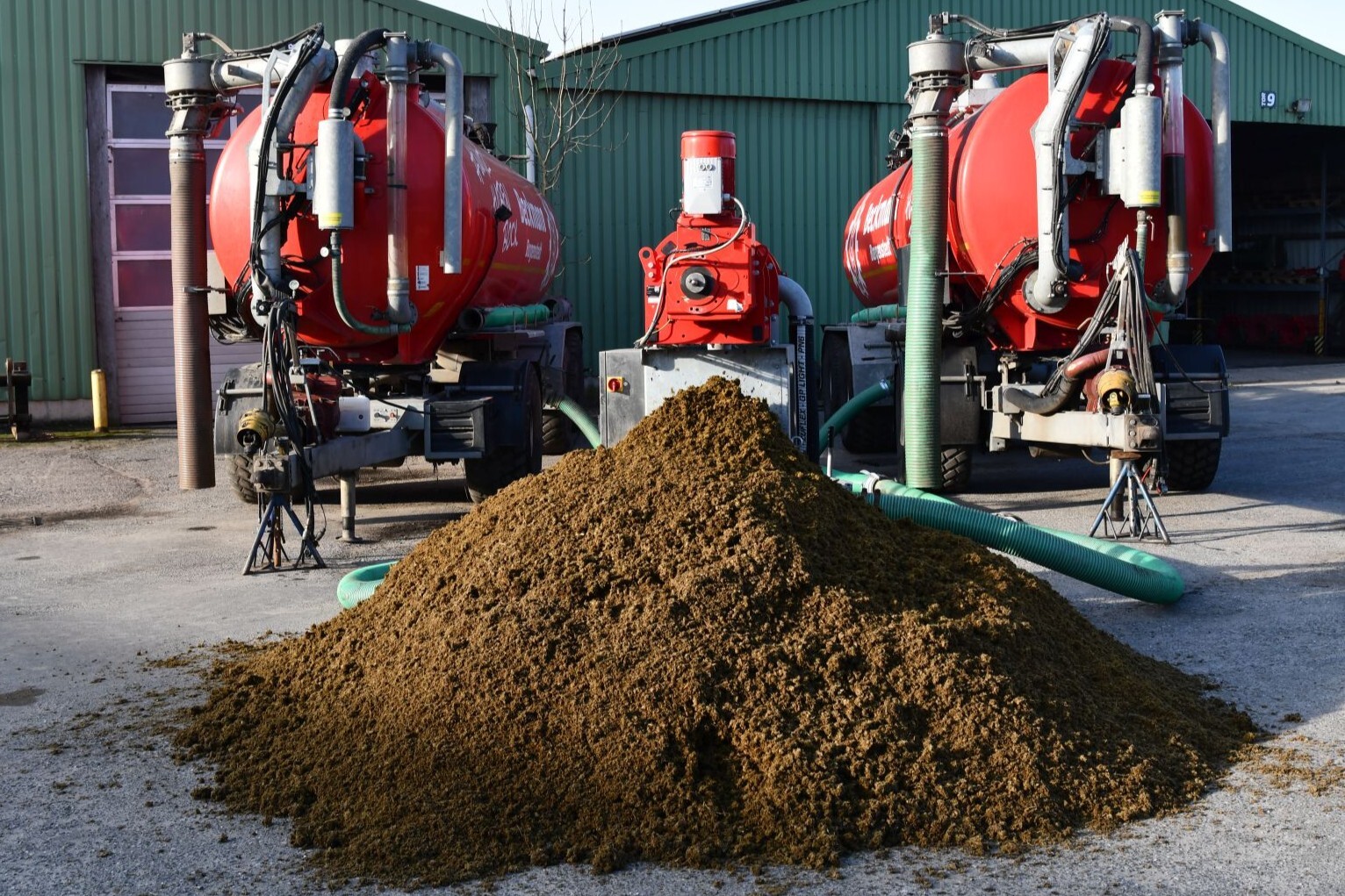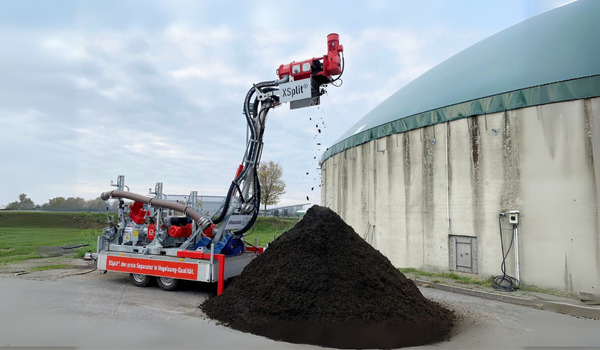Liquid manure as a nutrient supplier: a valuable raw material for agriculture

Manure, often regarded as a waste product, has become an indispensable source of nutrients in modern agriculture.
The importance of liquid manure in modern agriculture
Liquid manure, a by-product of animal husbandry, is often regarded as waste. However, in modern agriculture, this supposed waste product has established itself as an indispensable source of nutrients. By making targeted use of liquid manure, farmers can improve soil fertility and increase yields.
Liquid manure plays a crucial role in today's agriculture. It provides valuable nutrients for plants and helps to maintain the natural cycle of nutrients. This leads to healthier plants and higher yields, which ultimately makes food production more efficient.
Nutrient composition and benefits of liquid manure
Manure contains a variety of essential nutrients such as nitrogen, phosphorus and potassium, which are essential for plant growth. These nutrients help to enrich the soil and promote plant growth.
Another advantage of liquid manure is its organic nature. In contrast to synthetic fertilizers, it improves the soil structure and promotes microbial activity in the soil. This leads to a long-term improvement in soil quality.
Efficient spreading techniques: trailing shoe systems and more

Efficient spreading of liquid manure is crucial to fully exploit its benefits and minimize environmental impact. One proven method is the trailing shoe system, which applies the liquid manure directly to the soil, reducing losses through evaporation and runoff.
Other techniques such as the injection of liquid manure into the soil and the use of modern liquid manure tanks also contribute to efficient and low-emission spreading. These methods ensure that the nutrients reach where they are needed - the plants.
Environmentally friendly use of liquid manure
The environmentally friendly use of liquid manure is an important aspect of modern agriculture. Proper storage and spreading can reduce emissions of ammonia and other pollutants, which helps to improve air and water quality.
The environmentally conscious use of liquid manure also helps to reduce greenhouse gas emissions. Modern techniques and technologies help to minimize the environmental impact and increase the efficiency of fertilization at the same time.

Future prospects and innovations in manure utilization
The future of manure utilization looks promising as new innovations and technologies are constantly being developed. Automated systems and precise spreading techniques could further increase efficiency and further reduce the environmental impact.
Research into improving the nutrient composition and biological treatment of liquid manure also offers exciting prospects. These innovations could help to make agriculture more sustainable and productive.
Further Links:
Overview of Vogelsang's spreading technology
Trailing shoe linkages for maximum efficiency

